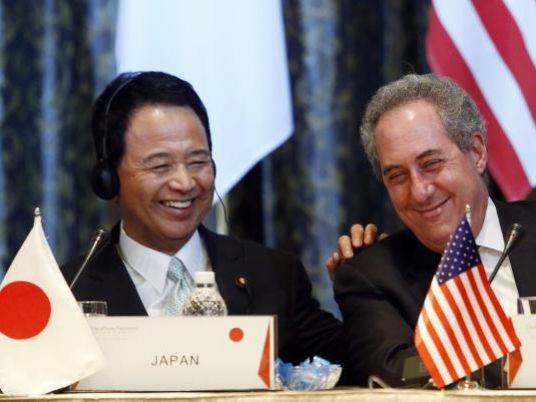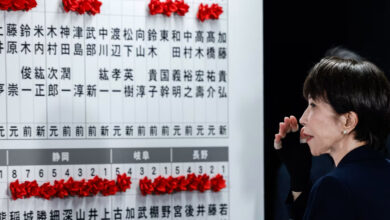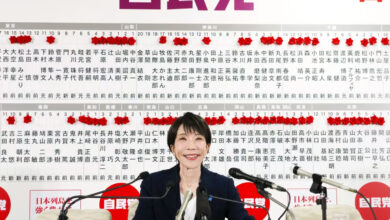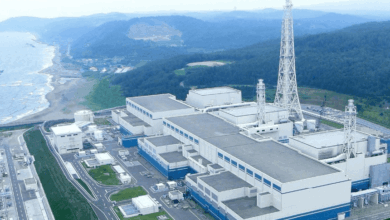
Japan and the United States on Wednesday began a round of crucial talks aimed at concluding a trade pact seen as critical to the success of regional negotiations, although officials warned that bridging differences would be difficult.
Tokyo and Washington are seeking a two-way trade deal, regarded as a key part of the US-led Trans-Pacific Partnership (TPP) that is the centerpiece of Washington's push to increase its Asian presence, before US President Barack Obama travels to Japan for an April 24-25 state visit.
Japanese Prime Minister Shinzo Abe has touted the multilateral framework as a key part of his growth strategy but the outlook for a Japan-US deal is cloudy as both sides accuse each other of inflexibility.
"I think if there is good will on both sides we can make progress on bridging our differences," US Trade Representative Michael Froman told reporters before talks with officials including Economy Minister Akira Amari.
Working level discussions on Monday and Tuesday made little substantial progress in narrowing gaps, a Japanese government source said, and Froman's talks with Amari were likely to continue on Thursday.
"The president's visit is one important juncture, but it is not a deadline," Japanese Deputy Chief Cabinet Secretary Hiroshige Seko told a news conference. "What is important is to achieve our country's national interests."
Australian Prime Minister Tony Abbott and Abe confirmed a basic trade agreement on Monday, overcoming sticking points on beef and autos that had threatened to stymie a deal, and agreed to work towards signing it as soon as possible.
"Clearly we are looking for a level of ambition in TPP that is significantly higher than that," Froman told reporters on Tuesday upon arriving in Japan.
Froman told US lawmakers last week that Japan's reluctance to lower trade barriers was holding up agreement on the TPP, a 12-nation grouping that would stretch from Asia to Latin America. Japanese officials say Washington needs to be more flexible on its side.
The United States wants Japan to open its rice, beef and pork, dairy and sugar sectors – politically powerful sectors that Abe has vowed to defend. Japan wants a timetable on US promises to drop tariffs of 2.5 percent on imports of passenger cars and 25 percent on light trucks.
Abe called for flexibility and said he hoped that both parties would end up feeling that they were in a mutually beneficial situation, as with the Japan-Australia agreement.
"I think we can say Japan and the United States are dominant among parties participating in TPP talks in terms of economy," he told Japanese television on Tuesday.
"If Japan and the United States fail to reach an agreement, TPP could collapse … The important thing is that it would be pointless if Japan and the United States remained unyielding and that happened."




